From the desk of Renae Bartholomew

Summer is quickly approaching and you may be thinking about taking a family vacation this year. For some, the plans may already be in the works. When you have children though, a family outing, especially one lasting for an extended time, may seem like a daunting task. However, Montessori teaches us that when children are included in the planning and preparation, outings (and family vacations) tend to run much more smoothly. When everyone has contributed, complaints are minimal. Besides, what could be better than spending time with your children planning and experiencing something that will create memories to last a lifetime?
Preparation is referred to in Montessori as “Practical Life” work. Therefore, learning to plan family outings is practical life work for the Montessori child. This is a term that your child should be very familiar with from working at school. One of the largest focuses within the classroom is the element of “Grace and Courtesy,” how we choose to handle ourselves in a social setting. This includes consideration for our surroundings, as well as caring for self. Care of self teaches us to plan for those items that are essentials for our own needs. This would cover things such as snacks, money, clothing, etc. For example, if you know you may have a long stretch between meals, pack a snack. Care of the environment teaches us to look out for and care for our surroundings. At Museums, you may practice, “We look with our eyes, not with our hands.” Try to make a habit of using an inside (respectful) voice whenever you are in public places. Discussing these things with your child before going on your outing will allow them to be a part of planning that day’s adventure. Ask them what type of voice they should use if you were to visit a library. Chances are, they already know!
Here are some tips to keep in mind that might make the adventure a little less stressful.
- Start Early: Begin the day’s activities after a quick breakfast. You’re going to want your family’s energy to go toward the activity, not battling crowds in line at a restaurant. Set yourself up for a successful day.
- Schedule Light: An outing or two, whether it’s a museum visit or special site is probably all your children will be interested in attending within a day’s time. When you try to do too much you risk serious activity overload, resulting in cranky attitudes. Keep it simple.
- Give Them Options: Your child may not pick the most glamorous restaurant or the trendiest hot-spot, but letting them play a part in vacation planning increases attention spans and agreeability because of their invested interest. Depending on the age of the child, you may not want to overwhelm them with options. For a smaller child, let them choose between “this” or “that.” They will still appreciate the freedom of choice.
- Stick to the Routine: This is especially important for younger travelers. Consistent meal times and nap times, combined with keeping up familiar habits, like reading a book before bed, keeps the stressors of unfamiliarity to a minimum.
